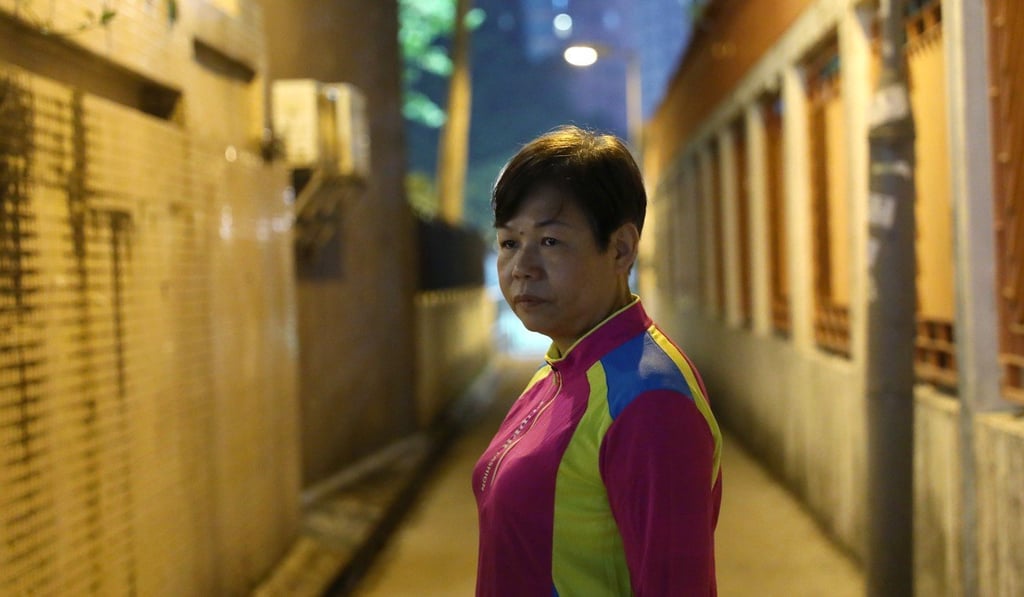A thankless task but someone in Hong Kong has to do it – meet the men and women who keep people and property safe while everyone else sleeps
- Long hours, low pay, and complaints: who would want to be a security guard?
- Older people make up most of 309,000 that hold permits, while younger generation are not interested

Chan put on his security guard uniform a decade ago, and remembers it being a struggle.
“I thought the job was for retirees and people who just want an easy way out,” says Chan, whose company would not allow him to reveal his full name.
He was just over 50 when he lost his job at the publishing plant where he had worked for years, and felt there was no choice but to become a security guard.
Chan’s story is not unique. Many security guards had other careers, often in the disciplinary forces or in sunset industries.

Today, more than 309,000 people in the city hold Security Personnel Permits allowing them to work as security guards. Around 60 per cent are over the age of 50, and these older workers include about 6,400 in their 70s, and 349 who are over 80. Many of the older guards work in old office buildings and housing estates.
The security sector is indispensable, but younger people are not drawn to it.